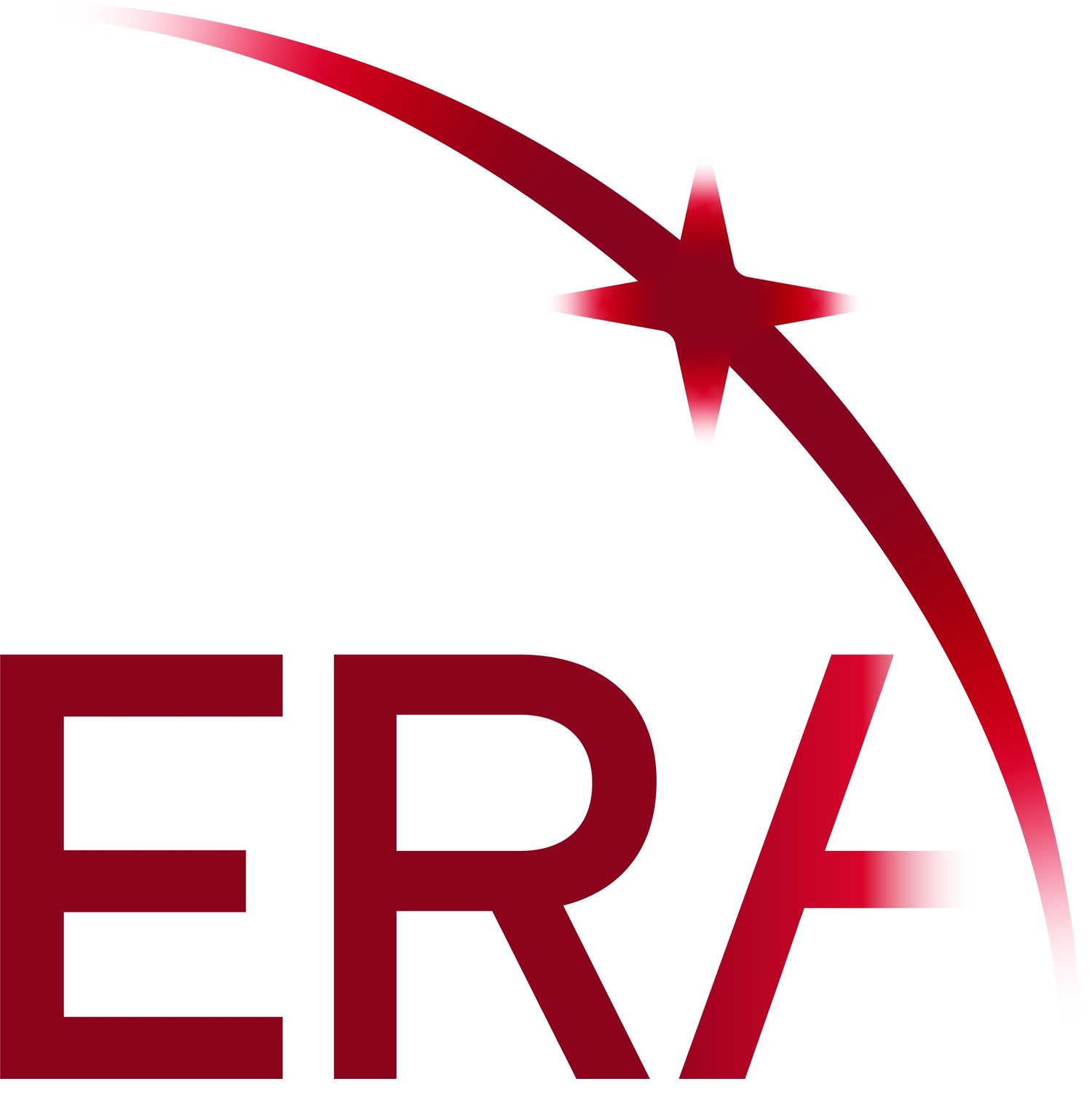Building talent for an ERA of AI safety & Governance research
An 8-week, fully funded fellowship at Cambridge, UK for researchers and entrepreneurs working on mitigating risks from frontier AI. Application for the Winter 2026 Fellowship have now closed.
February 2 - March 27, 2026
Addressing the array of risks posed by advanced AI requires both technical and governance approaches. We host researchers from both of these domains, and we are especially excited about those uniting technical and policy research under a single research project.
-

Dates & Location
The next iteration of the Cambridge ERA:AI Fellowships will be held in Cambridge, UK, for 8-weeks starting in February 2026.
-

Support
Fellows are paid a competitive stipend. We also provide meals during working hours, and cover transport, visas and lodging for the duration of the Fellowship.
-

Our Fellows
We welcome talented individuals from around the world at any career stage, who are motivated to contribute to AI safety and governance research.
-

The Programme
Fellows work on a research project, with mentorship provided by our network of expert mentors. We also typically host 30+ events over the 8 weeks at Cambridge.
01
Technical
New technologies present new opportunities for good; however, they are often also associated with novel risks. Advanced AI agents more intelligent than ourselves present new challenges: How can we be sure to maintain control of the trajectory of the future as we continue to hand over decision-making to these systems? Technical AI safety research aims to ensure that advanced AI systems are rigorously designed and built with appropriate safeguards to avoid harmful or unpredictable behaviour.
02
Governance
As frontier AI systems become more capable, effective governance is essential to reducing risks from frontier AI models. ERA supports research that advances international cooperation, strengthens regulatory tools in key jurisdictions, and promotes responsible corporate governance. We are also interested in addressing emerging challenges such as governing autonomous AI agents and developing more robust cybersecurity strategies to mitigate the risk of model weight exfiltration.
03
Technical AI Governance
The development of AI is fundamentally a sociotechnical challenge: we need to align both the systems themselves and the societal contexts in which they are developed and deployed. This poses complex challenges at the intersection of technology and governance. Many of the key levers for shaping the trajectory of AI progress are inherently technical, and thus require deep engagement with the architectures, algorithms, and interfaces through which AI systems are designed, deployed, and controlled. Technical AI governance seeks to leverage this technical substrate of AI to support governance objectives by empowering relevant actors to make well-informed and proactive decisions to steer AI development in positive directions.
Why ERA?
01
Help mitigate risks from advanced AI
At ERA, we care about both pursuing technical and governance research to mitigate the risks posed by advanced AI systems. We hope to address the complex challenges that arise from increasingly capable AI, including averting uncontrolled emergence of artificial general intelligence (AGI), preserving human agency during increasing deployment of frontier AI models, and establishing policy safeguards on the research, development and deployment of frontier AI.
02
Build your research portfolio
You will have the opportunity to directly research a topic relevant to understanding and mitigating risks from advances in AI capabilities, with guidance through weekly mentorship from a full-time researcher in your field, and daily conversations with other fellows and the community at the University of Cambridge. We also provide dedicated research management support and compute resources.
03
Develop lasting connections
During the ERA fellowship, you will have the opportunity to spend a full two months cultivating deep and life-long connections with other fellows, full-time researchers, and the AI safety community in Cambridge by living and working alongside them. Our dedicated Community Health Manager organises weekly community health events for strengthening the social connections between fellows and the wider Cambridge community.



